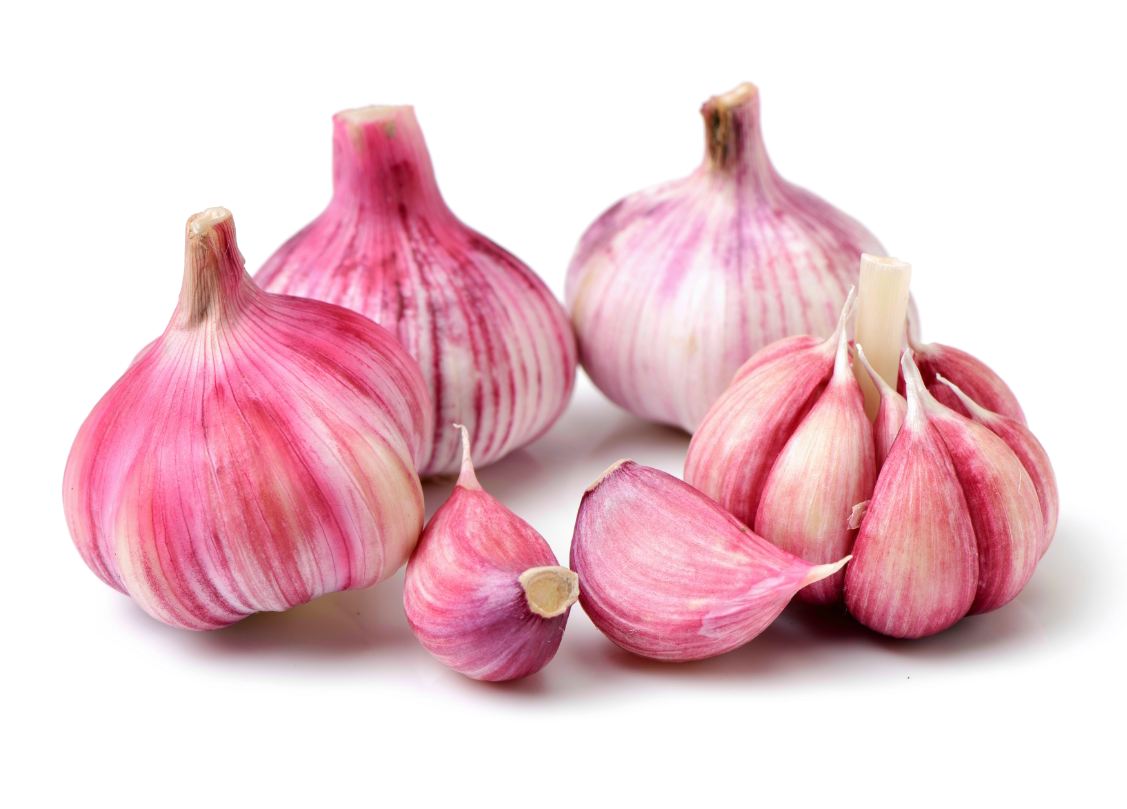Nasal allergies sometimes is also called allergic rhinitis, or hay fever. It is an allergic response to specific allergens. Pollen is the most common allergen. The most common symptoms of nasal allergies include sneezing, a runny nose, a stuffy nose and an itchy nose. When nasal allergies happen, there are remedies you can use at home to get some relief.
Dietary Changes
Sometimes, dietary changes may also help with allergy problems. You may consider the intake of anti-inflammatory spices and teas, which may play a role in reducing unpleasant allergy symptoms. Or, you may have some apple cider vinegar and probiotics.
A 2016 study in the Journal of Nutritional Biochemistry found that ginger given orally to mice reduced sneezing and congestion as well as lowered mast cell response. Besides, many people swear by the sinus-clearing effects of spicy foods like chili peppers, wasabi, Dijon mustard, fresh garlic, and horseradish. An active ingredient in garlic named allyl thiosulfinate, and a similar ingredient in wasabi named isothiocyanates do appear to have a temporary decongestant effect. Green tea shows similar effects. Holding your face over a hot cup of tea may open your nasal passages, but the steam isn’t the only thing that’s beneficial. The menthol in peppermint tea, for instance, seems to work as a decongestant and expectorant, meaning it can break up mucus and help clear it out of your nose and throat. Apple cider vinegar is an age old remedy that is often recommended for a variety of health conditions. Some people get allergy relief thanks to apple cider vinegar. The theory is that its ability to reduce mucous production and cleanse the lymphatic system makes it useful for allergies. Probiotics is also beneficial. Allergies are the result of an imbalance in the immune system that causes the body to react too strongly to a stimuli. Many studies link the presence of beneficial bacteria in the gut with reduced incidence of allergies. Balancing gut bacteria now and consuming enough beneficial bacteria can have a positive effect on allergies now.
Manage Your Nostrils
This remedy works by preventing the offending allergen, or at least as much of it, from entering your airways. One thing you may adopt is Neti pot, which are fast becoming a mainstream remedy for allergies and stuffed-up sinuses. The basic theory is that you use a Neti Pot filled with a sterile saline solution to flush out allergens and loosens mucus. It is recommended to use previously boiled or distilled water, not water straight from the tap as it may has parasites. If you think using the Neti pot is not convenient, you may also turn to saline spray. Prepackaged saline nasal sprays function much like Neti pots, but some allergy sufferers may find them easier to use. Sprays deliver saline solution a bit more gently and evenly. Spray saline into nostrils a few times a week or even daily for routine maintenance. Besides, you may also consider nasal decongestant pills to help reduce stuffy, swollen sinuses and related symptoms, such as a sore throat or coughing. However, decongestant medications should not be taken continuously for more than 72 hours. Besides, you may also consider using eucalyptus oil, the aroma of which can supercharge steam inhalation, helping to open your sinuses and nasal passages further. Try adding a few drops of oil to a bowl of steaming water, or to the floor of the shower before you step in. Just don’t swallow the oil or apply it directly to your skin.




